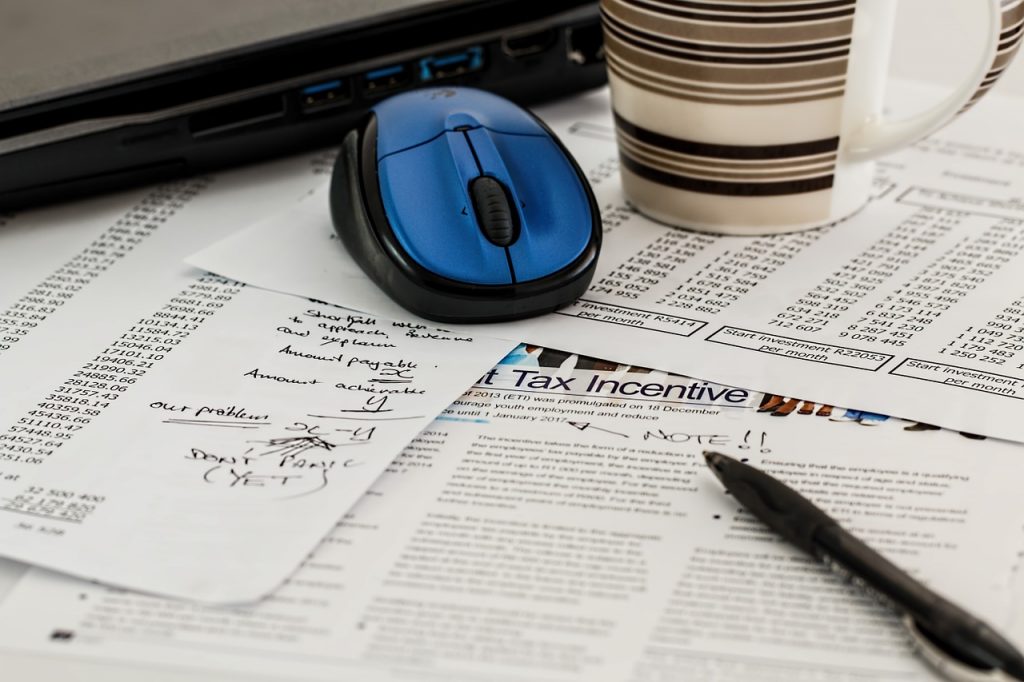
If you are like many other people, you are probably doing your taxes right now or getting ready to do them. If you have already filed your taxes and are getting a tax refund, congratulations!
Data from the IRS showed that the average tax refund in 2023 was $3,167.
Getting a refund on your taxes is always great, but in actuality, last year almost 106 million taxpayers gave Uncle Sam an interest-free loan that totaled over $334 billion.
If you expect you will be getting an extra-large tax refund, you can increase your tax withholding so you will get less money back next year. This might be counter-intuitive at first, but unless you are bad at budgeting, that extra money will be returned to your paychecks for you to pay your bills and interest-bearing debts now instead of giving the government a free loan until next spring.
For many people, getting a tax refund is like a windfall because the government has been saving that money for them without them having to do a thing.
Table of Contents
What To Do With Your Tax Refund
Here are some smart ideas on what to do with your tax refund.
Start an emergency fund
In a recent Bankrate survey, almost 30% of Americans have no emergency savings. Depending on your situation, you should have at least three to six months worth of expenses in a savings account in case of unexpected events such as a job loss, car trouble, or an emergency room visit. You will also sleep better not living paycheck to paycheck.
Read more: How to save more money and start an emergency fund
Pay down your credit card debt
The average credit card interest rate is 15% and for most people, credit cards are their debt with the highest interest rate so paying them down first makes more sense than paying other debts or investing. The stock market may be doing extremely well lately, but you will need to earn 15% or more annually or whatever your card’s interest rate is for the investment to be worthwhile.
Read more: See how long it will take to pay off your credit card debt
Put it into a HSA account
For 2024, the maximum contribution limits are $4,150 for a single person and $8,300 for a family if you have a qualifying high-deductible health plan. Health savings accounts are triple-tax advantaged and healthcare costs will only go up as you get older.
Invest for a comfy retirement
You can lower next year’s tax bill by contributing to a traditional IRA account or to a work-based retirement plan like a 401k. A Roth IRA will also be a good option to invest your money in with no minimum distribution or taxes to pay when you take the money out later in retirement.
Pay for your children’s education with a 529 savings plan
Any earnings in the 529 account will grow tax-deferred and when the funds are used for higher education expenses like tuition and books, the distributions are income tax-free. Tuition has only continued to increase over the years, so it’s good to start saving early when your kids are still young.
Make an extra mortgage payment
If you own your home, any extra money paid after your regular monthly mortgage bill will be applied to the principal. One single extra mortgage payment will shorten your mortgage by about two months. You’ve just doubled your money by doing almost nothing!
Read more: Is a 15-year or 30-year mortgage better for your finances?
Give to charity
You are helping a worthy cause and you also get a tax deduction for making a donation.
Spend it on things that improve your life
I am not talking about buying that big-screen TV because it impresses your friends. I’m talking about the little things that make your life more convenient. It could be upgrading your computer so you can get more things done faster, or buying things you use every day in bulk so you go to the store less often, or a new mattress so you get a better night’s sleep.
What are some things you plan to do with your refund?
